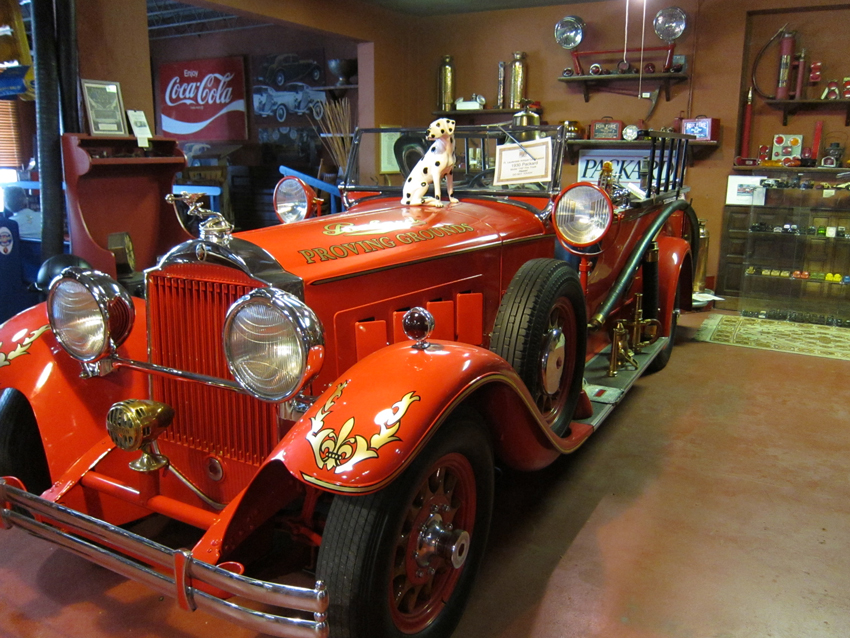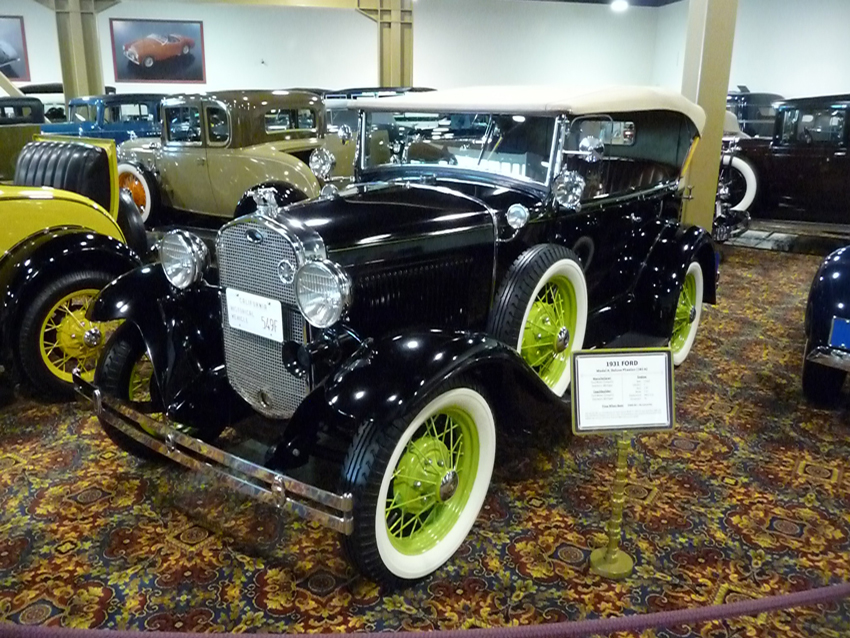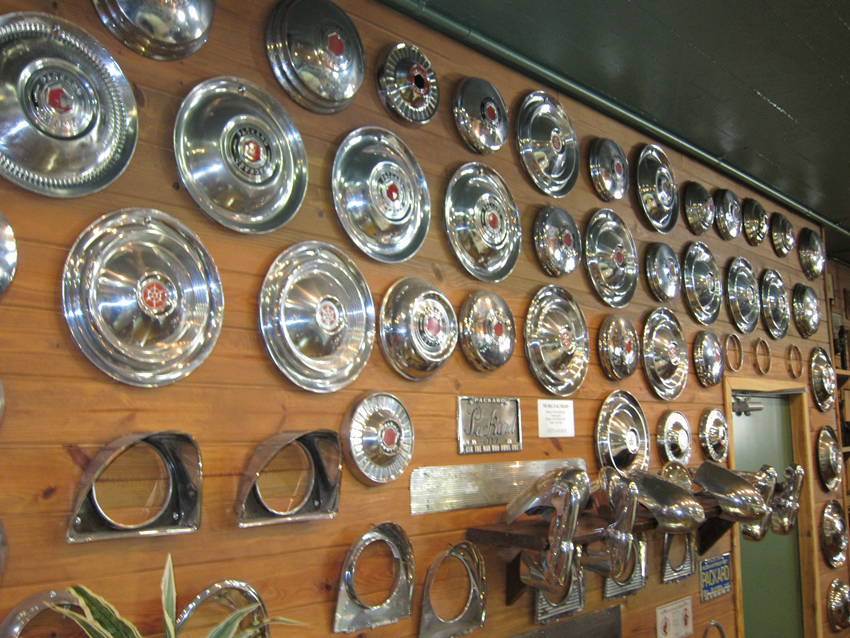Your car collection is your property and you need to give some thought as to the best way to transfer this property to your family upon your demise. That of course assumes that someone in your family actually wants your car collection. You’re on your own there.
Using a Trust
There are occasions when it’s wise to transfer the ownership of your car collection to a trust. In some cases though, forming a trust for your collection may be more trouble than it’s worth.

The classic reason for setting up an irrevocable trust is tax avoidance. Recent changes to federal tax policy have removed a lot of those advantages. The exemption on estate taxes is now $10.6 million for married couples. That’s a pretty big car collection. Or, ok, it’s maybe one-third of a Ferrari 250 GTO.
Cost of Probate
Probate is a legal process that takes place after someone dies. It typically involves paperwork and sometimes a court appearance by lawyers. In most cases though it’s simply a matter of filling out the appropriate forms.

The lawyer will be entitled to fees from the estate. These court and legal fees can often be five per cent of the estate. If you have a million dollar car collection the probate fees might be $50,000. A larger problem is that probate can tie up your collection for more than a year.
While you can avoid probate costs with a trust remember that it’s going to cost something to administer this trust. You will have to pay attorney fees to set the trust up and you will also have to pay to have this trust managed. If you add to your collection you will have to make sure the new acquisition is placed into the trust. It’s entirely possible that all the legal fees may be greater than the cost of going through probate.

Insurance and Your Trust
Some kinds of property are cumbersome to keep in a trust. It’s not a legal problem, just a practical one. A car collection where you use the cars on a regular basis is a good example. Some lenders, and insurance companies, are confused by cars that technically are owned by trusts but driven on a regular basis. When banks and insurance companies get confused they just say no. You should be able to find an insurance company that will cooperate but you need to investigate this prior to setting up a trust.
Revocable and Irrevocable Trusts
There are two types of trusts. Both are set up and go into effect while you’re still alive. The difference is what happens if you change your mind about the cars in your collection. Actually the important question is if you can even change your mind. If you place your car collection into a revocable trust you may remove the property and terminate the trust at any time, but with an irrevocable trust future changes will be more complicated.

Estate lawyers often refer to a revocable trust as a living trust and they sell it as the perfect way to avoid probate expenses. You won’t save any federal taxes by putting your collection into a revocable trust because the IRS treats a revocable trust as being invisible. That means the government can use the collection as an asset when they calculate your financial worth.
The main reason for setting up a revocable trust is to prepare the trust to accept assets when you no longer have the ability to manage your own affairs. As soon as you die, or become incapacitated, the revocable trust will become an irrevocable trust and a trustee will manage it. In this way a revocable trust can be a partial substitute for a will.
Property that you place in an irrevocable trust is no longer considered part of your taxable estate. That means your car collection typically isn’t included in your estate’s value when it comes to determining if you owe estate or inheritance taxes. Once your car collection is placed into an irrevocable trust you can’t retrieve the cars though. Your car collection now belongs to the trust, not to you.

The Trustee
With a revocable trust you can change the trustee any time you want. With an irrevocable trust you have essentially given up control so the decision about who will be the trustee is paramount.
Most often the persons who set up the trust appoints themselves as the trustees. A cynic might add that this is because no one wants to manage your trust if it’s less than ten million dollars. These same cynics would add that if your car collection is worth only a few million the best you can hope for is an 800 number should you have a question.

The downside of appointing yourself as trustee of an irrevocable trust is that you may very well defeat the purpose of the trust. If you have any discretion as the trustee with trust asset distributions these assets may be included in your estate for tax, Medicaid, bankruptcy, debt collection and other purposes. As each individual’s circumstances vary and the laws differ within the States, be sure to discuss the disposition of your collection with your estate-planning attorney.
You need to begin giving some consideration about where your cars are going to end up. It could very well be that after you talk to your children about your collection your next call is to an auction house.





